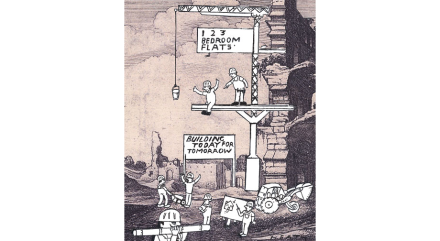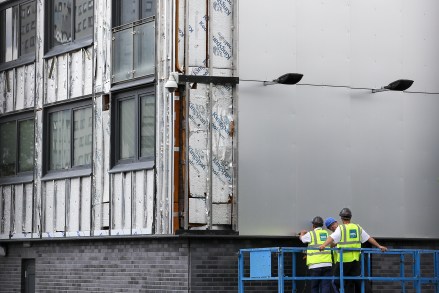Letters: The lure of lorry driving
Driving force Sir: As a long-distance UK lorry driver I am very aware of the issues raised by Rodney Pittam (‘So long, truckers’, 18 September). However the job can provide an income of more than £40,000 to those with a practical rather than an academic bent. Yes, there is unpleasantness, discomfort and a combative attitude from other road users. But there is also a high degree of independence, a chance to see this country and others, and a sense of pride in the job. Better facilities are overdue in this country for drivers, and this may go some way — together with greater remuneration — to creating more respect for





















